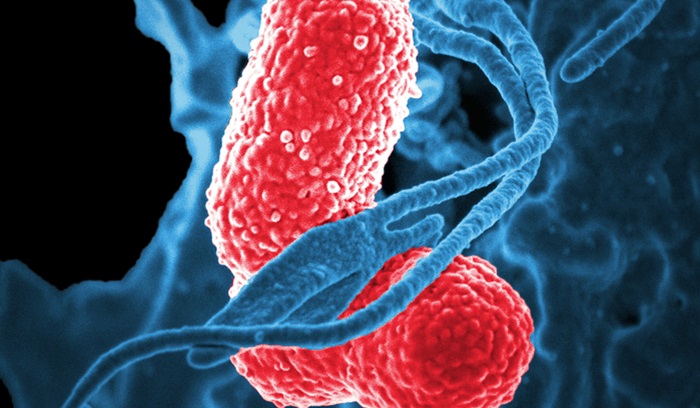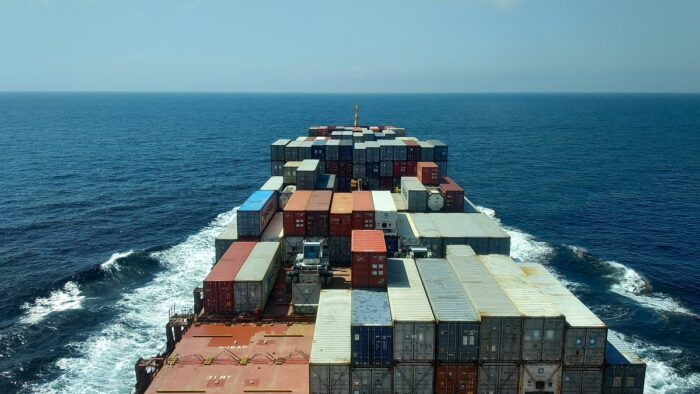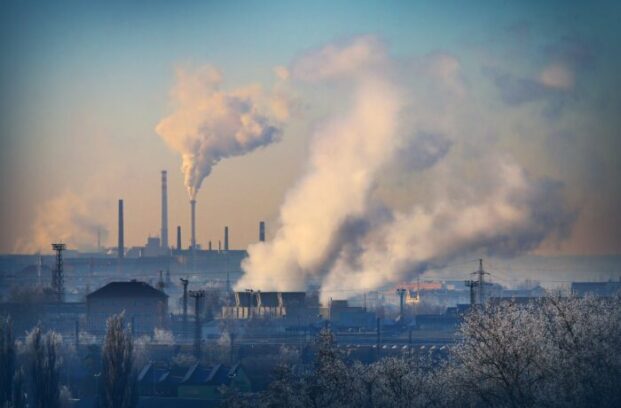Global sales of combustion engine cars have peaked
To decarbonize road transport and achieve global climate goals, the world must move away from petrol and diesel cars and toward electric vehicles and other forms of low-carbon transport. Fortunately, this transition is already well underway, with global sales of combustion engine cars peaking in 2017 or 2018 and now falling. In 2018, global combustion engine cars peaked at more than 80 million. By 2023, sales had fallen below 65 million units as EV sales rose dramatically.










